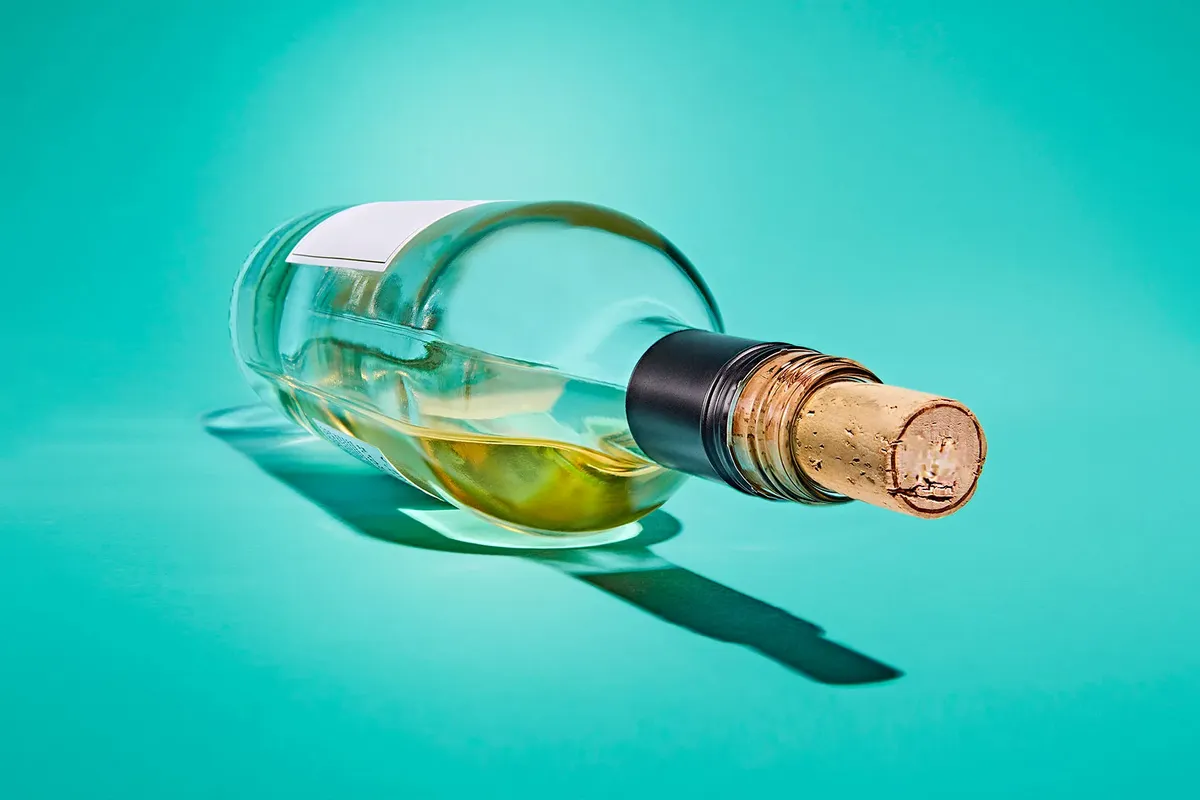Lowering wine’s carbon footprint starts with the bottle

Revino Moves on to Bend Venture Conference Finals
October 19, 2023
Revino Offers Sustainable Solutions to Oregon’s Glass Recycling Dilemma
January 16, 2024
In her insightful article, Samantha Maxwell delves into the often-overlooked environmental impact of wine packaging, highlighting its significant contribution to greenhouse gas emissions. Despite the emphasis on sustainable vineyard practices in the wine industry, Maxwell points out that certifications rarely consider the packaging materials and transportation. Glass, the predominant choice for wine bottles, incurs substantial carbon emissions during its production, with heat-intensive processes generating around 86 million metric tons of CO2 annually. Additionally, the transportation of these heavy and fragile glass bottles further adds to their carbon footprint, especially when manufactured in one location and shipped to another for production.
Maxwell shines a spotlight on the growing movement among winemakers and packaging manufacturers to explore alternatives with a lower environmental impact. From Protector Cellars using lightweight and easily recyclable aluminum cans to Packamama championing recycled PET, these innovations offer greener options. The article also introduces unconventional approaches, such as Frugalpac's paper bottles with a plastic bag interior. Notably, Maxwell highlights Revino's commitment to a circular economy with reusable glass bottles, distributed to wineries in the Pacific Northwest, creating an infrastructure for collecting, washing, and recirculating them for up to 50 uses. Our innovative approach aligns perfectly with Maxwell's recommendation for a more sustainable glass packaging, contributing to a circular economy and reducing the overall carbon footprint of wine bottles. Maxwell concludes by emphasizing the need for consumers to consider the entire lifecycle of wine, encouraging them to opt for lighter, eco-friendly packaging and support the industry's shift toward sustainability.
ABOUT REVINO: Revino provides wine bottle reclamation and sanitation services to Oregon wine producers while building a robust local and sustainable glass supply network. Their process operates in an infinite loop starting with bottle manufacturing and distribution, moving to consumption and redemption, and ending with bottle sanitization and reuse. Through their revolutionary RGBs and certified quality washing processes, Revino empowers wineries to embrace sustainability and make a significant positive impact on the environment.
For media inquiries, please contact:
Sarah Reid / PR for Revino
sarah@revinobottles.com




